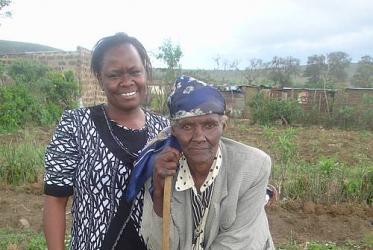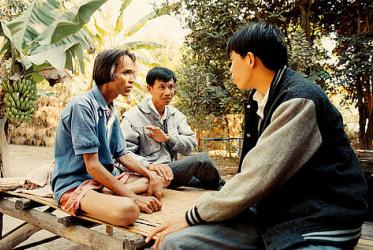Displaying 161 - 180 of 294
WCC praises life and work of José Miguez Bonino
04 July 2012
Churches seek renewed commitment to evangelism
26 March 2012
"Transformative spirituality is a breath of fire"
23 March 2012
EHAIA, an African initiative going beyond Africa
01 March 2012
Called to Be the One Church: Faith and Order at Crete
Report of the 2009 Meeting of the Plenary Commission — Faith and Order paper No.212
15 February 2012
Shoki Coe: An Ecumenical Life in Context
01 February 2012
Fighting ignorance, fear and stigma through Bible study
09 December 2011
Accelerating the church's response to HIV
11 October 2011
Rethinking theology for HIV response
06 September 2011
WCC's HIV work reaches quarter-century mark
30 June 2011












